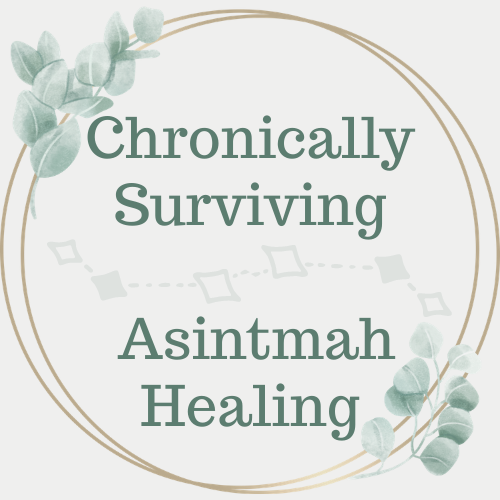A selfie of Marcelle, a young Métis woman wearing a blue hospital gown and a black and white sweater over top. The bright light above her hides her eyes and top of her head so only her nose and slightly open mouth are visible.
Content/Trigger Warning: Talk of trauma, PTSD, medical negligence
I’m going to share a story of when I experienced medical trauma. One of many, and I’m only in my third decade of life. After Emily wrote such a great blog discussing medical post-traumatic stress disorder (PTSD), I learned more about her venture POP!—Pissed Off Patients!—I’m so grateful for her hard work and vulnerability, shedding light on the trauma experienced, especially those with chronic conditions. She asked if I was willing to write about one of my experiences with medical trauma so she could post it on her platform. Talk about spoonies helping each other!! Love it!
So here is one of the countless traumatic experiences I’ve experienced as a patient with physical and mental health conditions. The accumulation of all of these experiences has developed into a diagnosis of complex PTSD. One more acronym to add to my already lengthy list. This is my experience with two doctors that made prejudices that were completely false and proved to be very dangerous and could have cost me my life.
A selfie of Marcelle, a young Métis woman with dark hair tied back wearing a black shirt and black and grey sweater. A travel pillow is around her neck and she is pouting at the camera sitting in a hospital bed.
My doctor trialled me on an SSRI (anti-depressant) to treat my chronic pain, which can sometimes help with the pain. Unfortunately, on the third day, the side effects became so intense, I had to wake up my step-dad in the middle of the night so he could bring me to the ER. Once there, the attending physician only spoke to my step-dad. He didn’t even look me in the eyes, let alone talk to me. He said I had a panic attack and prescribed another SSRI to take on top of the one that landed me in the ER. He forced me to take a dose of this new drug and an Ativan in front of him so that I could go home. Thankfully I was able to speak to my primary physician shortly afterward. He explained that I had a severe reaction to the medication Serotonin Syndrome, which can be lethal if left untreated. He strictly told me to stop taking any SSRIs and to note that I should not take them in the future.
Roughly a year later, a sleep specialist suggested I try an SSRI to help with cataplexy. I shared with him my previous adverse reaction and the directives of my doctor to stay away from SSRIs. Nevertheless, he recommended that I at least "try it," handing me the script. I didn’t want to be accused of being non-compliant, as he could report it to my long-term disability insurance, and I would lose my coverage. So I took the medication even though I knew what was coming, and as expected, I ended up in the ER with Serotonin Syndrome again, but this time I was by myself. The physician on duty didn’t believe me this time either, and I was treated rudely by the nurses and staff. They gave me Ativan and told me to make an appointment to follow up with my doctor. I went home empty-handed, beyond exhausted, and worried something serious might happen before I could see my doctor. I was shocked by how eerily similar the two events were. Medical gaslighting has been traumatizing and triggering and costing me a fortune in therapy.



